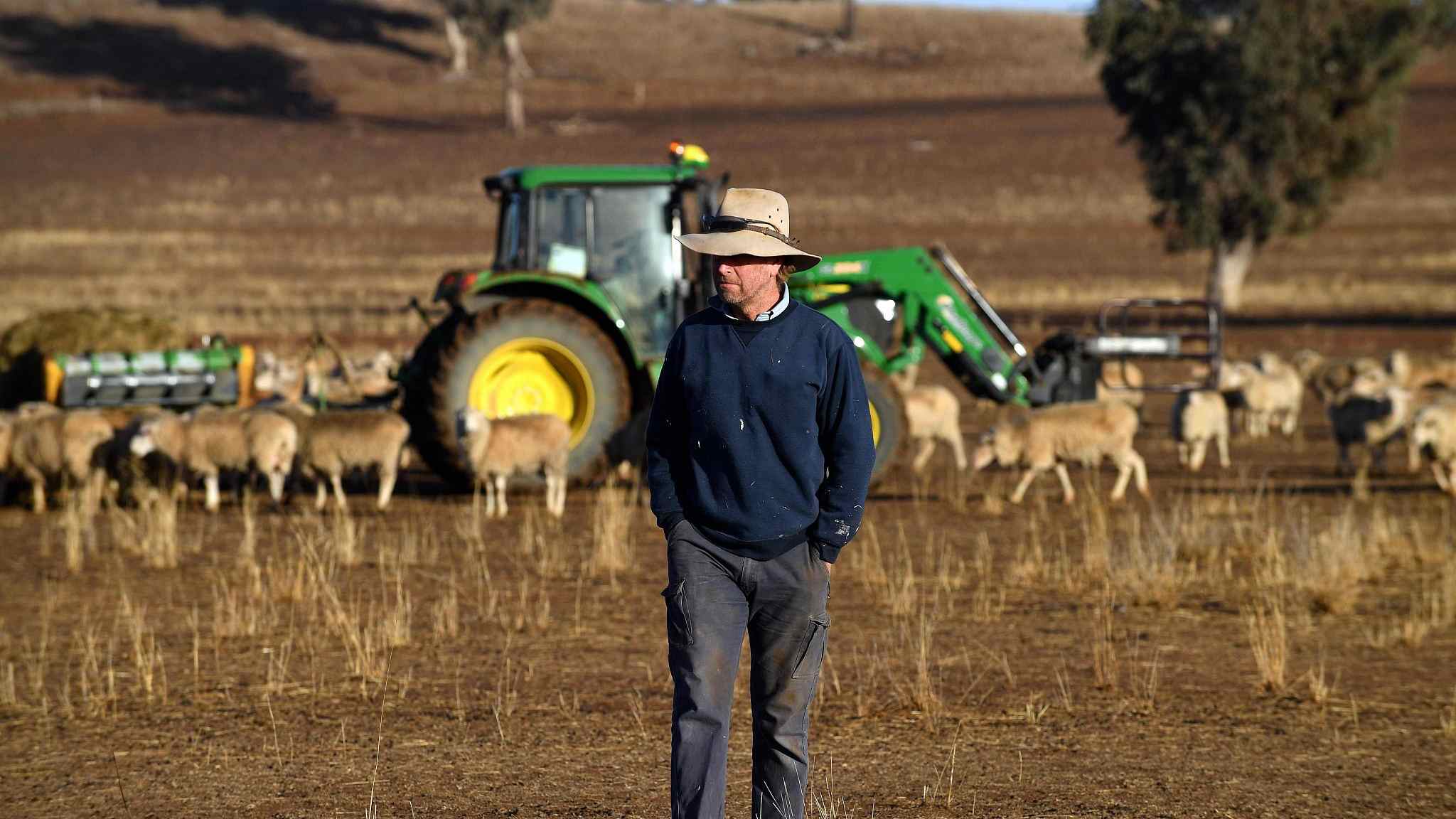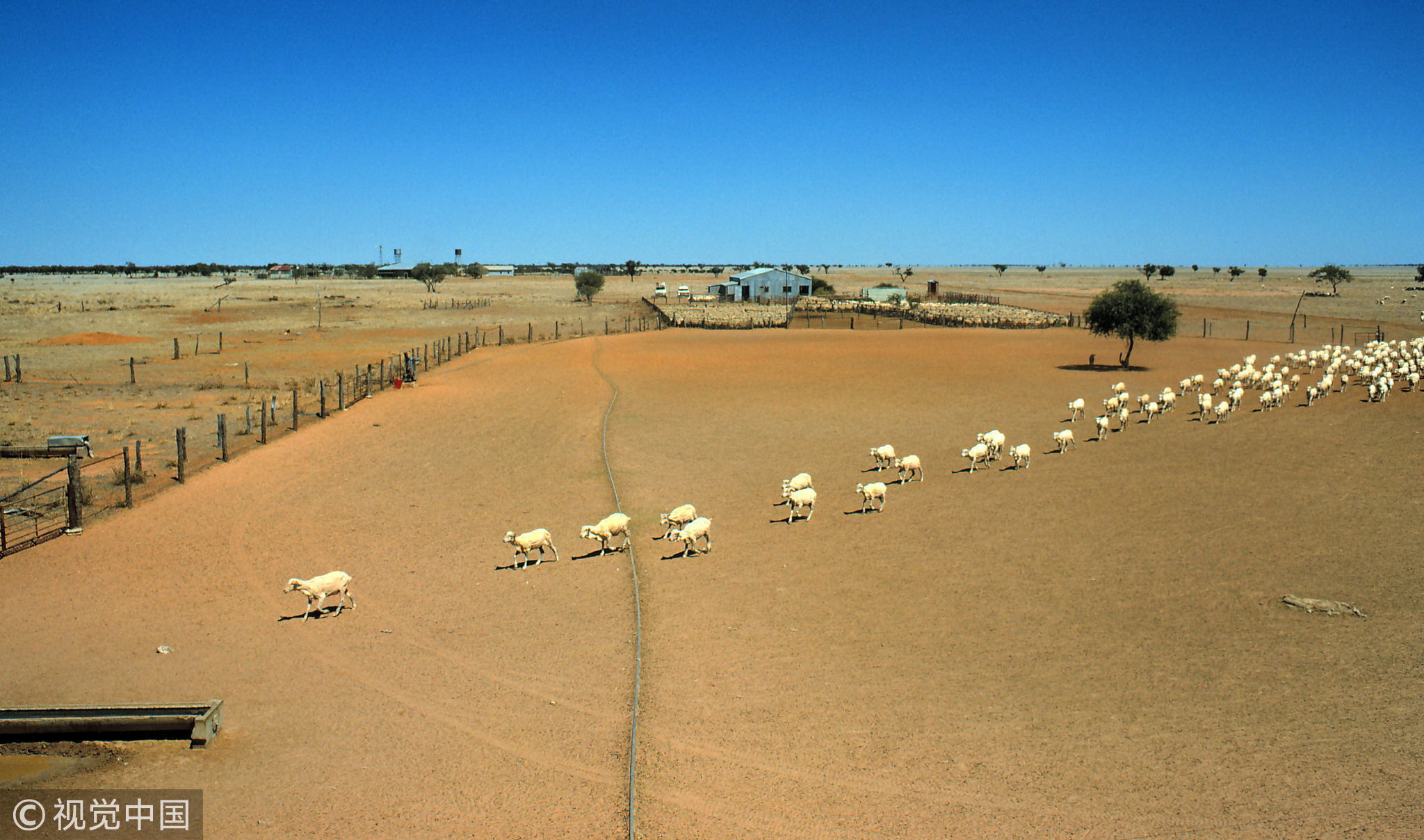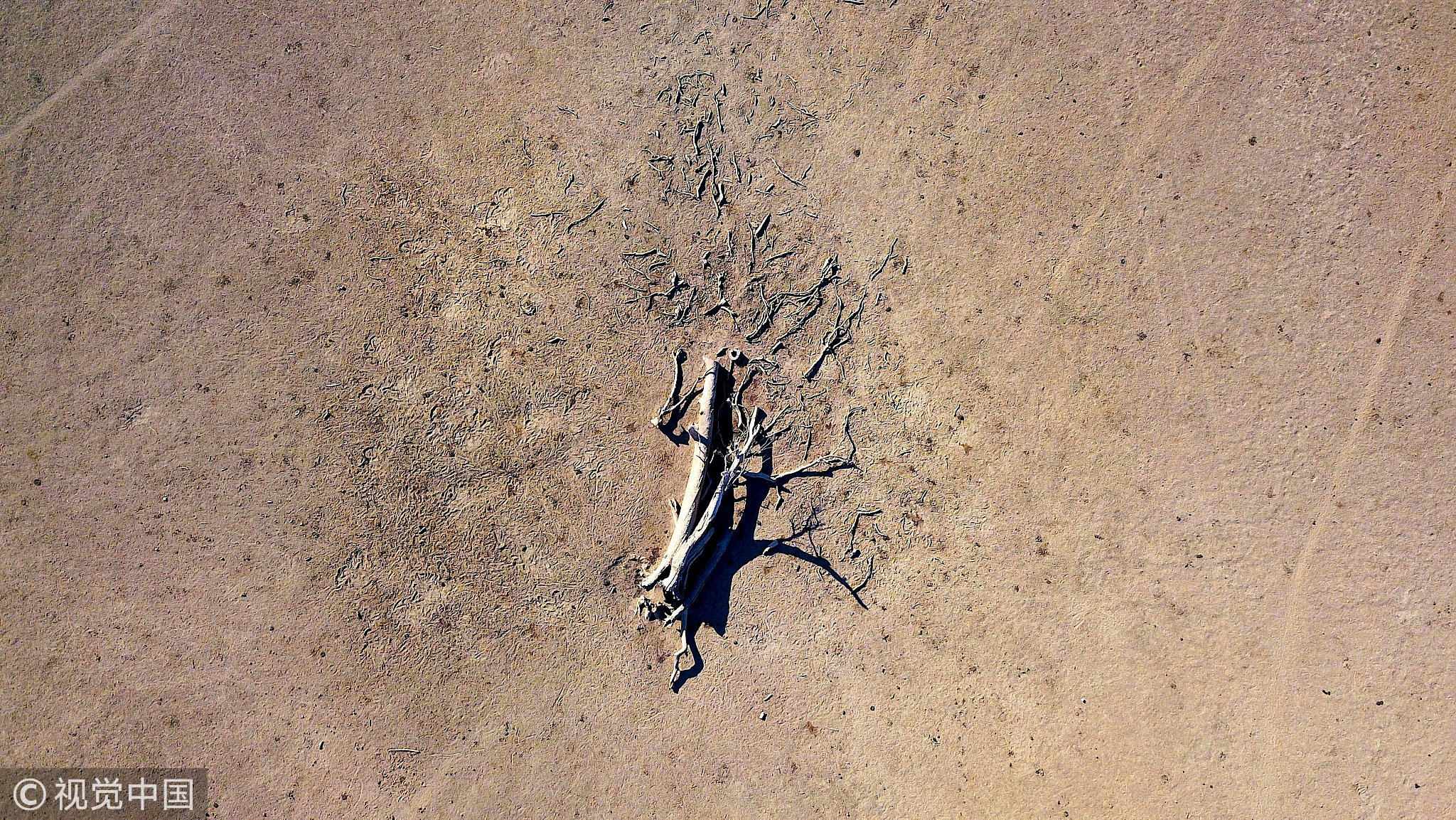
Travel
10:59, 06-Nov-2018
Australia extends 'backpacker visas' to ease farm worker shortage
Updated
10:07, 09-Nov-2018
CGTN

Australia announced Monday that it was extending working holiday visas to allow young travelers to stay longer in the country to help meet a shortage of farm laborers.
The change allows travelers on so-called "backpacker visas" to remain in Australia for up to three years if they spend at least six months doing agricultural work.
Previously the one-year "Working Holiday Maker" visas allowed travelers to remain for a second year if they took up work in the remote Northern Territory.
From July 2019, they can extend this to a third year as long as they spend six months working in agricultural regions suffering from particularly acute labor shortages.

A farm in Queensland, Australia, May 12, 2018. /VCG Photo
A farm in Queensland, Australia, May 12, 2018. /VCG Photo
The new rules were announced by Prime Minister Scott Morrison during a visit to farming communities in the eastern state of Queensland, a key battleground for his fragile coalition government which must face a national election by May.
Australia's conservative government has since 2017 been reducing the scope of temporary working visas as part of a broader effort to curb immigration.
But the agriculture sector has complained of severe labor shortages during harvest periods, especially in rural Queensland, prompting Monday's changes.

A dead tree lies in a drought-effected paddock on farmer located west of Tamworth in New South Wales, Australia, June 2, 2018. /VCG Photo
A dead tree lies in a drought-effected paddock on farmer located west of Tamworth in New South Wales, Australia, June 2, 2018. /VCG Photo
More than 200,000 working holiday maker visas were granted in 2017-2018, with Britain, Germany and France providing the most participants from the 45 nations eligible for the program.
Last week a survey published by the University of New South Wales (UNSW) found that most international students and backpackers working in Australia earned only a fraction of the minimum wage.
"Our study confirms that Australia has a large, silent underclass of underpaid migrant workers," said UNSW lecturer Bassina Farbenblum. "The scale of unclaimed wages is likely well over a billion dollars."
Source(s): AFP

SITEMAP
Copyright © 2018 CGTN. Beijing ICP prepared NO.16065310-3
Copyright © 2018 CGTN. Beijing ICP prepared NO.16065310-3